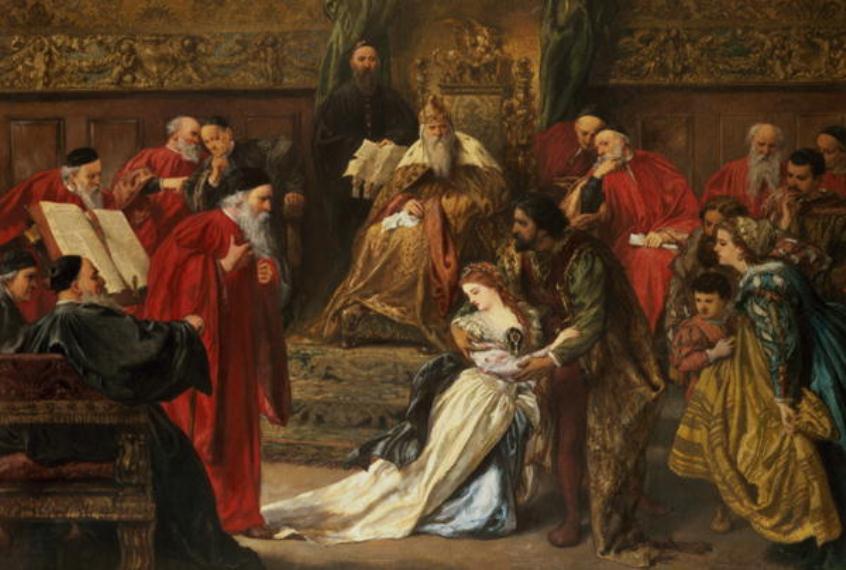Twitter, King Lear, and the Freedom of Speech, by John Curtis, and Judicial Allusion as Ornament: A Response to John Curtis’s, ‘Twitter, King Lear, and the Freedom of Speech’ by Professor Gary Watt
DOI:
https://doi.org/10.31273/eirj.v1i2.90Keywords:
Shakespeare, Law Courts, Twitter, literary allusionAbstract
On 27 July 2012, in his judgment following ‘The Twitter Joke Trial’, the Lord Chief Justice of England & Wales quoted from King Lear (Folio). The trial was the first time a British Court had considered the use of Twitter in the context of a bomb hoax. The judgment was hailed as ‘a victory for common sense’, reversing decisions of two lower courts. It now provides authority against similar prosecutions. This paper argues that the use of a four-hundred-year-old Shakespearean text in negotiating modern legal principles is of considerable cultural significance – both through using the familiar to respond to the new – and by invoking Shakespeare’s voice within the powerful social mechanism of the law courts. It also considers the advantages and disadvantages of literary allusions within legal proceedings, contrasting these two widely reported judgments.
This piece is adapted from a transcript of: King Lear, Twitter and the Da Vinci Code given as part of the Sidelights on Shakespeare lecture series at University of Warwick on 29 November 2013.
Professor Gary Watt provides a response to Curtis's critical reflection, considering judicial allusion as logic or ornament.
Image: Cordelia in the Court of King Lear, Sir John Gilbert (1873)
Downloads

Additional Files
Published
Issue
Section
License
Authors who publish with this journal agree to the following terms:
Authors retain copyright and grant the journal right of first publication with the work simultaneously licensed under a Creative Commons Attribution License (CC-BY), which permits use and redistribution of the work provided that the original author and source are credited, a link to the license is included, and an indication of changes which were made. Third-party users may not apply legal terms or technological measures to the published article which legally restrict others from doing anything the license permits.
If accepted for publication authors’ work will be made open access and distributed under a Creative Commons Attribution (CC-BY) license unless previously agreed with Exchanges’ Editor-in-Chief prior to submission.
Authors are able to enter into separate, additional contractual arrangements for the non-exclusive distribution of the journal's published version of the work (e.g., post it to an institutional repository or publish it in a book), with an acknowledgement of its initial publication in this journal.
Authors are permitted and encouraged to post their work online (e.g., in institutional repositories or on their website) prior to and during the submission process, as it can lead to productive exchanges, as well as earlier and greater citation of published work. (see: The Effect of Open Access)
